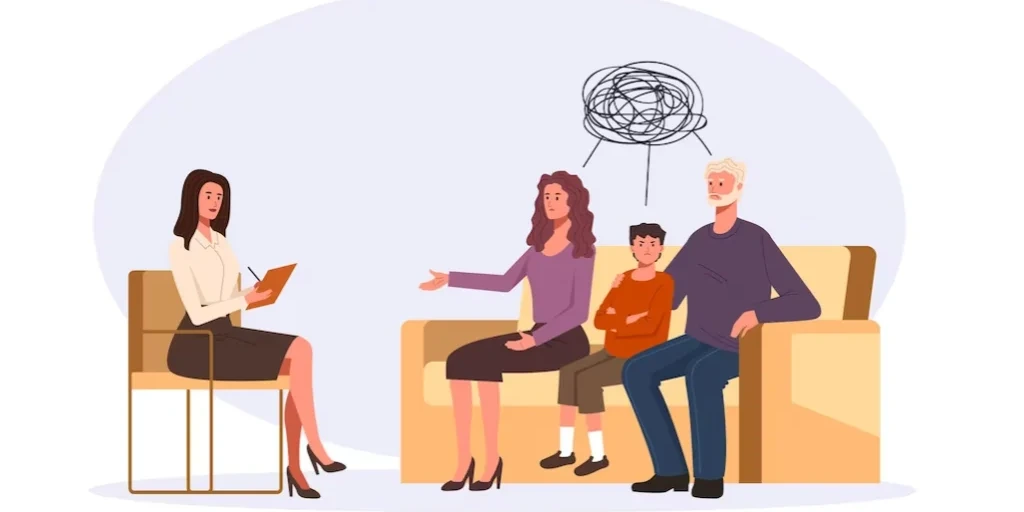24/7 Helpline:
(866) 899-221924/7 Helpline:
(866) 899-2219
Learn more about Eating Disorder Treatment centers in Wayne

Other Insurance Options

GEHA

Health Partners

Regence

BHS | Behavioral Health Systems

Highmark

Kaiser Permanente

Group Health Incorporated

Evernorth

Humana

Optum

CareSource

Carleon

Sutter

WellCare Health Plans

Anthem

MVP Healthcare

Optima

Absolute Total Care

UnitedHealth Group

Ambetter
































































































